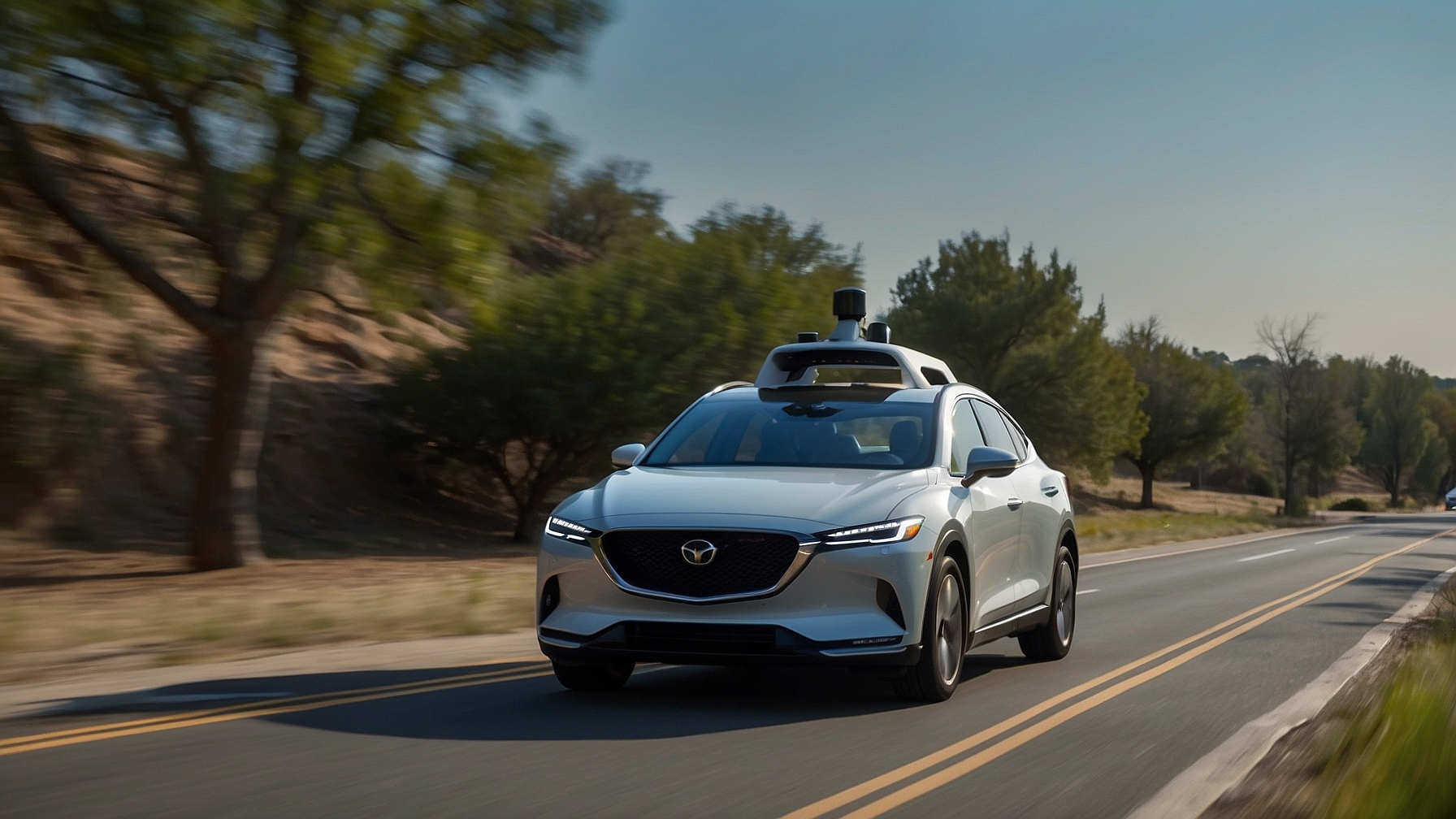Unremarkable Humans Baffled by Car Tech, Admit They Need Machines More than Machines Need Them
In a sensational development from the hallowed labs of MIT, the Advanced Vehicle Technology Consortium has embarked on a Herculean quest to teach everyday humans how to interact with glorified car computers, proving once and for all that vehicles might soon need driver’s licenses to operate humans safely.
Since its inception in 2015, the AVT Consortium—a bewildering alliance of eggheads and automotive industry honchos—has taken a hardcore data-driven approach to figure out why, despite millions of years of evolution, Homo sapiens still can’t fully embrace technology without trying to steer a Tesla into a swimming pool.
“The biggest challenge for us is cultivating trust in AI,” lamented Bryan Reimer, a founding prophet of the consortium. “Without trust, no one’s getting in the backseat of an autonomous car anytime soon. It’s like convincing people that black coffee is just as enticing as the pumpkin spice latte; there’s a mountain of skepticism to overcome.”
According to a recent study by J.D. Powers-that-Be, public acknowledgment of autonomous vehicles as better drivers than humans has increased modestly, just enough for AVT researchers to call it “encouraging.” Still, the broader job remains: Convince people that letting a car do all the work won’t result in scenes from a science fiction horror movie where humans become the kidnapped passengers.
“The slight uptick in public acceptance is nice and all,” Reimer humbly conceded. “But lasting trust isn’t about people nodding enthusiastically in a survey. We have to delve into what people are doing with these systems when they’re not pretending they’re in a James Bond film. Public trust can disappear quicker than the last donut at a staff meeting.”
The AVT Consortium is hard at work peeling back the layers of the mysterious “drivers’ psyche,” using real-world data from populations young and old, novice and…less novice. Their colossal dataset aims to reveal all, from why Grandma Flo speeds through tech interfaces like they’re pop quizzes, to why young Tim insists on texting about the latest TikTok trends while still on the road.
“The pivotal insights we’ve gained are shaping cars of the future—because clearly, cars are the ones struggling to understand us,” Yossi Sheffi, MIT’s traffic oracle, summed up. “If humans can’t trust their next-gen sedans not to act like overzealous chauffeurs, we might as well trade them in for AI personal therapists instead.”
The consortium manfully admits the ongoing struggle isn’t just about making vehicles autonomous, but rather providing back-seat humans with enough psychological security to stop suspecting their smart cars are plotting to replace them at the annual family reunion. Everyone from nerdy academics to insurance companies is joining the chaotic cacophony of collaboration to make cars friendlier to those who once saw cassettes as cutting edge.
“With our ultimate mission to render automobiles both humane and humbling, we hope future vehicles will not only impart navigational wisdom but also opportune nuggets of existential enlightenment,” concluded Reimer, their visionary leader in trust.
As the glare of headlights sweeps closer and closer, the AVT Consortium remains steadfast, like a humorless dad at a children’s clown party, utterly committed to adapting the whistle-blowing realm of vehicular AI for mediocre humans everywhere. In a future where roadways brimming with technology cry out for salvation, the boundless patience of these engineers might just be the traffic ticket to a brighter tomorrow.




